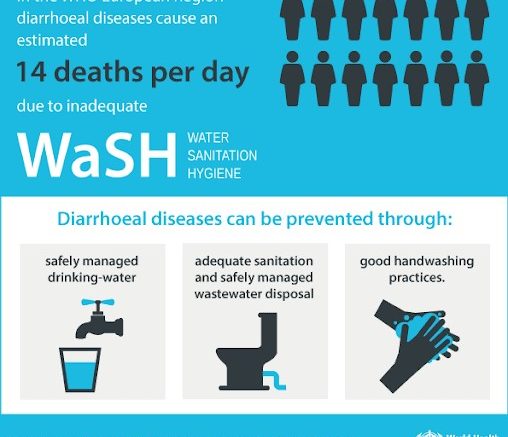It turns out, one of the frontline defenses against hospital superbugs might just be good old-fashioned hand washing. A study by the Henry Ford Health System threw the spotlight on how regular scrubbing can keep these menacing microbes at bay. Researchers showed healthcare workers shocking images of bacteria thriving on everyday items like computer mouse pads and workstation surfaces, not to mention their own hands. The motive? To drive home the truth about how germs spread and underline the importance of keeping those hands clean. The result was eye-opening, with a 24 percent jump in hand hygiene among workers. It seems the “ick factor” does have its uses.
How They Did the Study
A couple times a week, the research team would pop into each unit with their swabbing gear in hand, including this nifty gadget called an adenosine triphosphate (ATP) meter. Now, this little device is great because it can tell you how many living critters are hanging out on any given surface – including people’s hands. Then, the infection-fighting pros would show this set of 12 super zoomed-in pictures of bacteria they found right there in the unit.
Turns out, getting an eyeful of these photos really made people want to clean up their act, pronto. Handwashing rates shot up! And it even turned into a bit of healthy competition among the healthcare workers, who started aiming to get the lowest (which means the best) scores on the ATP meter when the infection prevention team came around next.
Common Hospital Superbugs
When we talk about hospital superbugs, we’re basically naming those tiny, invisible troublemakers that think antibiotics are just a light snack. First up, we’ve got MRSA (Methicillin-resistant Staphylococcus aureus) – it’s like the heavyweight champion of superbugs, notorious for causing tough infections in wounds, blood, and lungs. Then there’s Clostridium difficile, also known as C. diff, which takes advantage of your weakened state, especially after antibiotic use, and hits you with severe diarrhea. Not fun, right? And don’t forget about the likes of VRE (Vancomycin-resistant Enterococci) and CRKP (Carbapenem-resistant Klebsiella pneumoniae), which specialize in urinary tract and respiratory infections, showing no mercy even to the strongest antibiotics.

Stopping Germs in Their Tracks
Hospitals are like a playground for bacteria, especially the super strong kind that laughs in the face of antibiotics. These superbugs love catching a ride on our hands and anything we touch, just waiting to start trouble. That’s where handwashing and keeping things clean comes in. Think of it as blocking these germs at every corner. Healthcare pros who make a habit of washing their hands well are basically heroes, breaking the chain of infection and keeping everyone safe from getting super sick.
How Does Soap Actually Kill Bacteria?
The bacteria cell wall is partly made of lipids (tiny bits of fat). Soap molecules are like double agents—part of them loves water (hydrophilic), and the other part loves fat (lipophobic). When you get soap on your hands, those fat-loving parts of the soap molecules go for the bacteria’s lipid walls like a magnet. They literally pry apart and break down these walls, making the bacteria fall apart and get washed away. So, when you’re lathering up, you’re not just scrubbing dirt off; you’re taking out bacteria in a microscopic demolition derby.
Keeping Everything Spotless
But it’s not all about the hands. Hospital counters, floors, and even that harmless-looking mouse pad can be swarming with germs. Cleaning with disinfectants is key to winning the war against superbugs. It’s all about keeping the place so clean that germs have nowhere to crash and multiply. The end game? Making sure the hospital is a safe zone for everyone, from patients to doctors to visitors.
The Best Defense Is a Good Offense
So, when it comes down to it, battling superbugs is about getting back to basics: washing hands and keeping things clean. This dynamic duo forms the bedrock of stopping infections dead in their tracks in hospitals. For healthcare workers, sticking to these habits isn’t just about keeping themselves safe; it’s about their duty to protect every single person they care for. As the study shows, a bit of “ick” factor can really make a difference, turning hospitals into safer places for us all.
